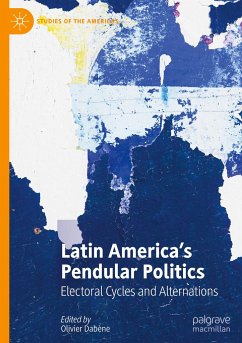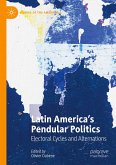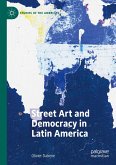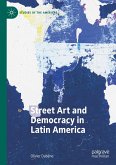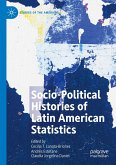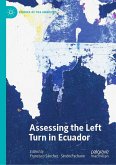This book explores pendular politics in Latin America, focusing on electoral cycles with a pattern of similar results. Latin America has been neoliberal in the 1990s, leftist during the 2000s, then conservative in 2016-2018 and progressist again since 2018.
The reference to a right/left/right/left sequence over a period of thirty years undoubtedly accounts for a singular pendulum pattern yet proves to be excessively simplistic. The right/left dichotomy hides fractures and nuances that characterize each political camp.
This book seeks to explain why some elections result in alternations and others do not. Based on an innovative theoretical framework and a unique collection of case studies, the book offers a rich understanding of Latin America's contemporary political evolutions.
Voters are getting accustomed to punishing incumbents for not delivering in time of crises, resulting in frequent alternations. It might be good for democracy, not so much for governability.
The reference to a right/left/right/left sequence over a period of thirty years undoubtedly accounts for a singular pendulum pattern yet proves to be excessively simplistic. The right/left dichotomy hides fractures and nuances that characterize each political camp.
This book seeks to explain why some elections result in alternations and others do not. Based on an innovative theoretical framework and a unique collection of case studies, the book offers a rich understanding of Latin America's contemporary political evolutions.
Voters are getting accustomed to punishing incumbents for not delivering in time of crises, resulting in frequent alternations. It might be good for democracy, not so much for governability.

